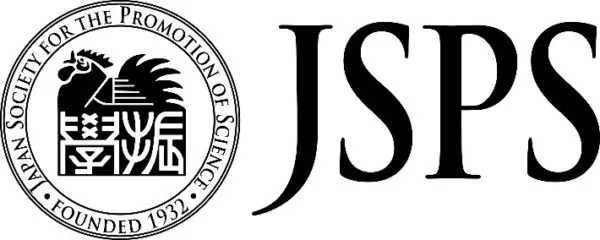
Being a beneficiary of the JSPS Postdoctoral Fellowship is very easy. All you need do is follow the instructions we will be showing you as you read through.

JSPS Postdoctoral Fellowship
This program, supported by the Japan Society for the Promotion of Science (JSPS), offers highly skilled early-career researchers the chance to engage in collaborative research alongside esteemed research teams at Japanese universities and other institutions.
The Royal Society receives an allocation of slots for this program from JSPS.
The primary objective of the JSPS Postdoctoral Fellowship is as follows:
1. The program aims to provide support to early-career researchers, facilitating the progress of their individual research endeavors while simultaneously contributing to the advancement of research on both national and international levels.
2. This initiative operates under the Research Fellowships for Young Scientists program, sponsored by the Japan Society for the Promotion of Science (JSPS), offering funding to doctoral students and postdoctoral researchers to aid in their research pursuits.
3. Furthermore, these researchers have the opportunity to apply for the JSPS Fellows Grant-in-Aid.
Eligibility Criteria
Research must fall within the Royal Society’s scope of natural sciences, encompassing areas like biological research, chemistry, engineering, mathematics, and physics, among others.
A comprehensive list can be found in the Royal Society’s subject groups and supported areas.
If your research pertains to the social sciences, it’s recommended to submit your application through The British Academy.
You are eligible to apply for this program if you meet the following criteria:
1. Possess a Ph.D. or will have one when the funding begins.
2. Received your Ph.D. no more than six years prior to the application.
3. Are a resident of the UK and a citizen of a country with diplomatic relations with Japan.
4. Have a research proposal approved by a Japanese host scientist.
Benefits
The program offers financial support for a duration ranging from 12 months to two years, which includes:
1. A round-trip airfare.
2. Monthly living allowance of 362,000 yen (equivalent to approximately £2,500).
3. Settling-in grant of 200,000 yen (around £1,400).
4. Coverage for overseas travel accidents and sickness insurance.
5. Additionally, there is a research grant called “Grant-in-Aid for Scientific Research” (Tokubetsu Kenkyuin Shorei-hi) available to cover expenses related to collaborative research.
The application for these grants is to be initiated by the Japanese host researcher through their affiliated institution.
Application Process
To apply for a JSPS Postdoctoral Fellowship, you should adhere to the following steps:
1. Submit your application online through the British Academy’s grants application system.
2. Initially, the most proficient panel members in the field of science will assess the applications. Subsequently, a shortlist of candidates will be compiled and presented to JSPS for evaluation.
3. JSPS will inform applicants of the results.
Selection Process
The selection procedure for the JSPS Postdoctoral Fellowship involves several stages, outlined as follows:
1. Candidates must receive a nomination from a Japanese host researcher, who should be a faculty member or researcher affiliated with a Japanese university or research institute.
2. The host institution is responsible for submitting the required documents and information to JSPS.
3. JSPS will undertake a thorough review of the submitted documents, carefully assessing and validating each one.
4. Qualified applicants will be invited by JSPS to participate in an interview process, and the final selection will be determined based on the outcomes of this interview stage.
For more information, you can check some more of our articles or you can leave a comment in the comment in the comment section below and we will get back to you as soon as possible.

